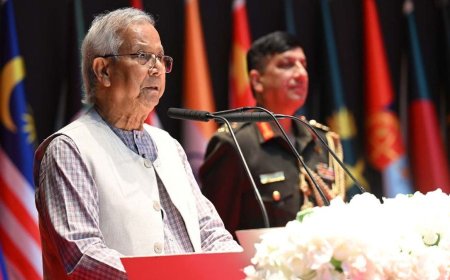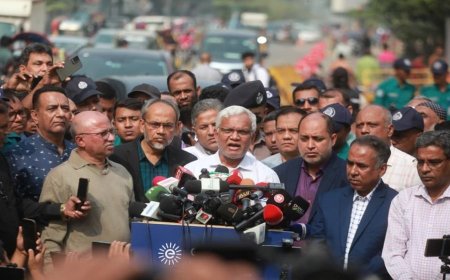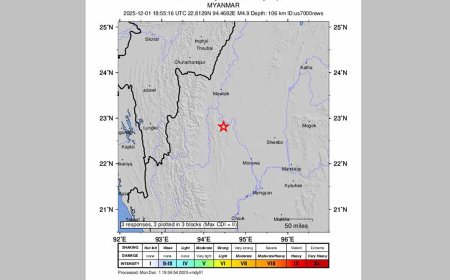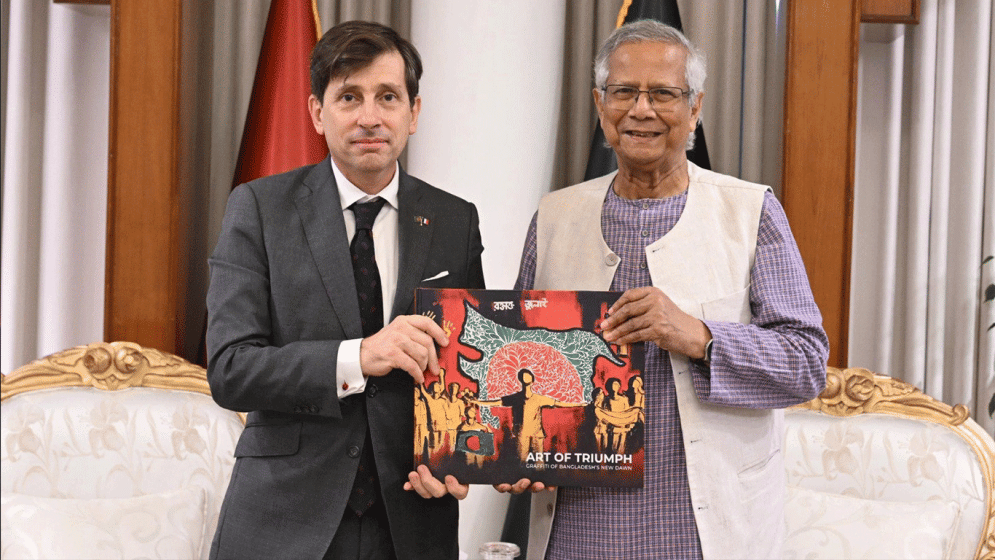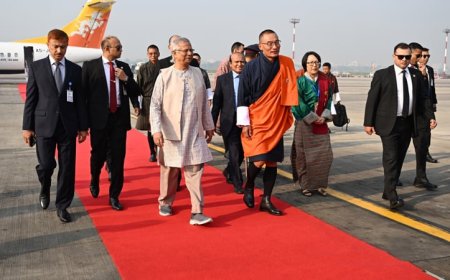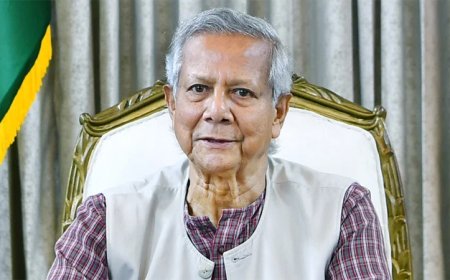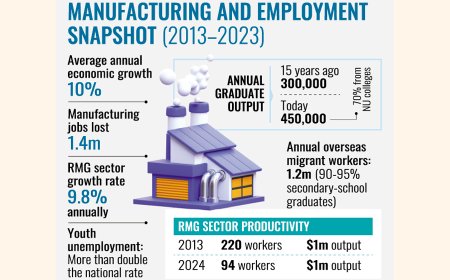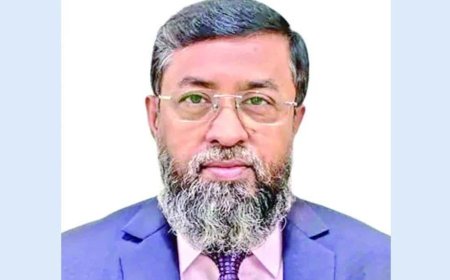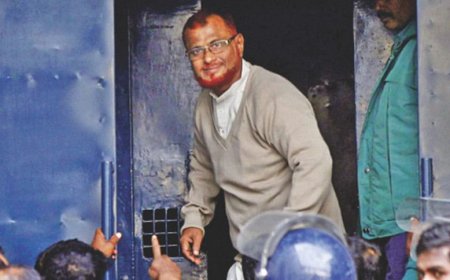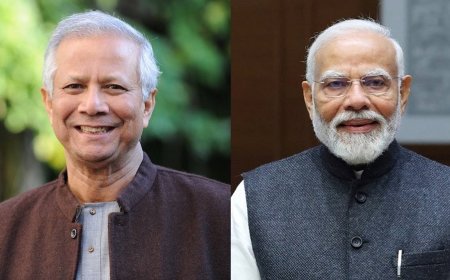No radiotherapy available at the only cancer hospital for 44 days
All six radiotherapy machines at the National Institute of Cancer Research & Hospital (NICRH) have been nonfunctional for the past 44 days, leaving over 10,000 cancer patients without their scheduled treatment.
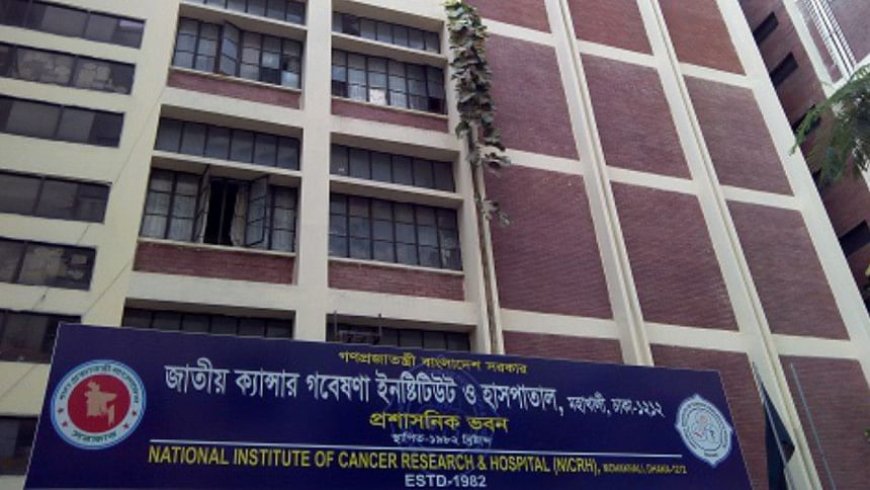
Bangladesh Observes World Cancer Day Amid Radiotherapy Crisis at NICRH
As Bangladesh marks World Cancer Day today, the country’s only full-fledged cancer treatment facility, the National Institute of Cancer Research & Hospital (NICRH), continues to face a severe radiotherapy crisis.
With no official data on the exact number of cancer patients in Bangladesh, estimates from the Bangabandhu Sheikh Mujib Medical University (BSMMU)’s Department of Public Health and Informatics suggest a prevalence of 106 cases per 100,000 people. Additionally, a recent BSMMU study indicates that 53 new cases emerge per 100,000 individuals annually, with cancer accounting for 11.9% of all deaths in the country.
During a visit to NICRH yesterday morning, hospital staff were seen cleaning floors and making paint touch-ups in preparation for the Cancer Day event. Meanwhile, a notice in the radiotherapy department informed patients that all six radiotherapy machines remained out of order, with no mention of when services would resume. Patients were advised they would be contacted once the machines became operational.
Of the six machines, two medical Linear Accelerators (LINACs) — the most commonly used devices for external beam radiation therapy — stopped functioning two years ago. A year later, two cobalt teletherapy machines, used to treat localized solid tumors, also broke down. Since then, the remaining two LINACs were overburdened, treating 220–230 patients daily until they, too, became nonfunctional in December. One machine failed during a therapy session on December 21, while the other broke down the following day, bringing all radiotherapy services at the hospital to a halt.
As a result, nearly 220–230 cancer patients have been forced to return home without treatment every day, said NICRH Director Jahangir Kabir. However, he noted that two new machines had been procured.
"We hope to start operating one new machine today, and another within the first week of March," Kabir stated. If four additional machines can be repaired, NICRH will be able to treat 600 more cancer patients daily, he added.
Renowned cancer epidemiologist Md Habibullah Talukder Ruskin called the prolonged radiotherapy shutdown a case of "extreme irresponsibility."
"Who will take responsibility for the patients who have gone without treatment for so long, those forced to seek expensive private alternatives, or those who may have died due to lack of care?" he questioned.
The radiotherapy machines at NICRH were purchased between 2006 and 2008, despite having an expected lifespan of only 10 years. Their validity technically expired around 2016–17, yet they remained in operation until total failure.
"Those accountable for this crisis must be identified and held responsible. Why have these machines remained out of order for so long, even as we approach 2025? The country has wasted millions of taka in mismanagement," Ruskin said, emphasizing that all six machines should have been procured together to prevent staggered failures.
Sayedur Rahman, special assistant to the chief adviser for health affairs, highlighted further concerns: "It’s unfortunate that these machines were purchased a decade ago, and since last July, there has been no project director for the initiative to establish eight new cancer hospitals across the country."
According to the BSMMU study, among the 38 types of cancer prevalent in Bangladesh, lung cancer is the deadliest, causing 11.4% of cancer-related deaths, followed by laryngeal cancer (8.5%) and stomach cancer (5.7%).
As Bangladesh observes World Cancer Day, thousands of cancer patients continue to suffer due to the lack of timely radiotherapy, raising urgent questions about accountability and the future of cancer care in the country.
What's Your Reaction?








